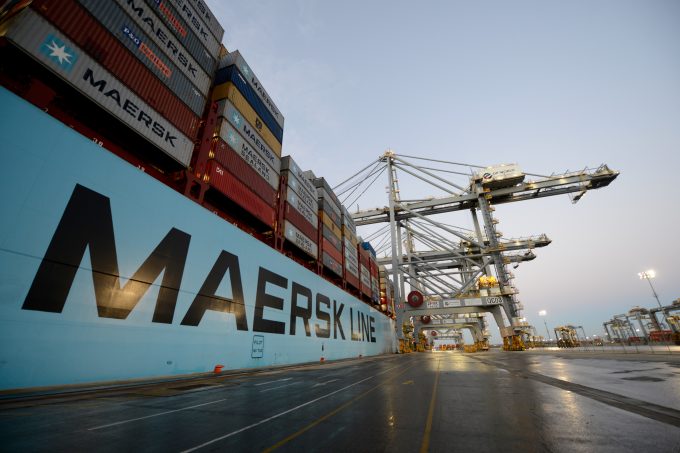Maersk paying $100,000 a day to charter scarce post-panamax box ships
Maersk Line is being forced to pay a premium to secure scarce chartered tonnage for ...

Ocean carriers are tempting BCOs with a wide range of new, flexible, long-term contract options this year, after shippers complained of being “burned” by committing to rigid, highly elevated contracts a year ago.
Last year, shippers were presented with ‘take it or leave it’ fixed-rate long-term contract options by carriers against a backdrop of very strong demand and an acute shortage of equipment and vessel capacity.
But as consumer demand slumped in Europe and the US, and supply chain congestion eased around ...
Transpacific sees first major MSC blanks as rates fall and volumes falter
'It’s healthy competition' Maersk tells forwarders bidding for same business
White House confirms automotive tariffs – 'a disaster for the industry'
New price hikes may slow ocean spot rate slide – but for how long?
Shippers snap up airfreight capacity to US ahead of tariff deadline
Supply chain delays expected after earthquake hits Myanmar
Tighter EU import requirements proving 'a challenge' for forwarders

Comment on this article
Peter Balzer
January 03, 2023 at 3:02 pmIt has been clear for quite some time that the shortsighted focus on maximizing profits will not serve as an incentive for long-standing, stable partnerships between carriers and their customers. The fact that we’re heading into a recession will increase the buying power and the carriers will fall into their old behaviours of decreasing their rates. And who could blame the customers when they don’t want to engage in long(er) term contracts now that the tide is turning, they have been skinned by carriers (both on the seas and in the skies) over the last two years, and royally so. – What goes around…
Maria Wynter
January 06, 2023 at 12:39 pmI couldn’t think of anything worse than engaging in a long term contract with Maersk. Customer service is abysmal. The service is faceless and in my opinion by far the most frustrating carrier to deal with across all departments. The service is disjointed with departments all over the world trying to work in unison which just causes utter chaos, duplication and further frustration. Clearly only focussed on turning a profit and to hell with the end user. You can’t even feedback comments or suggestions to them as no one is interested. Completely unworkable.